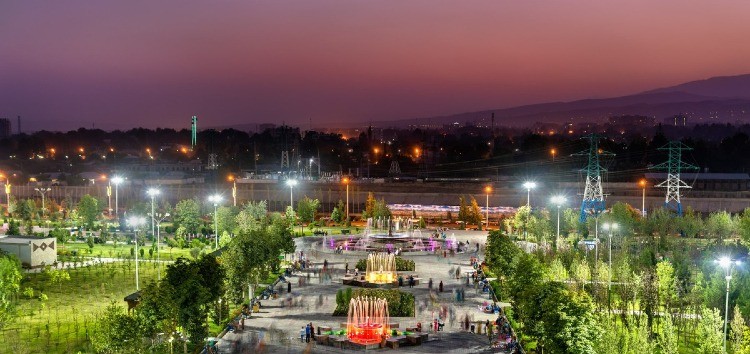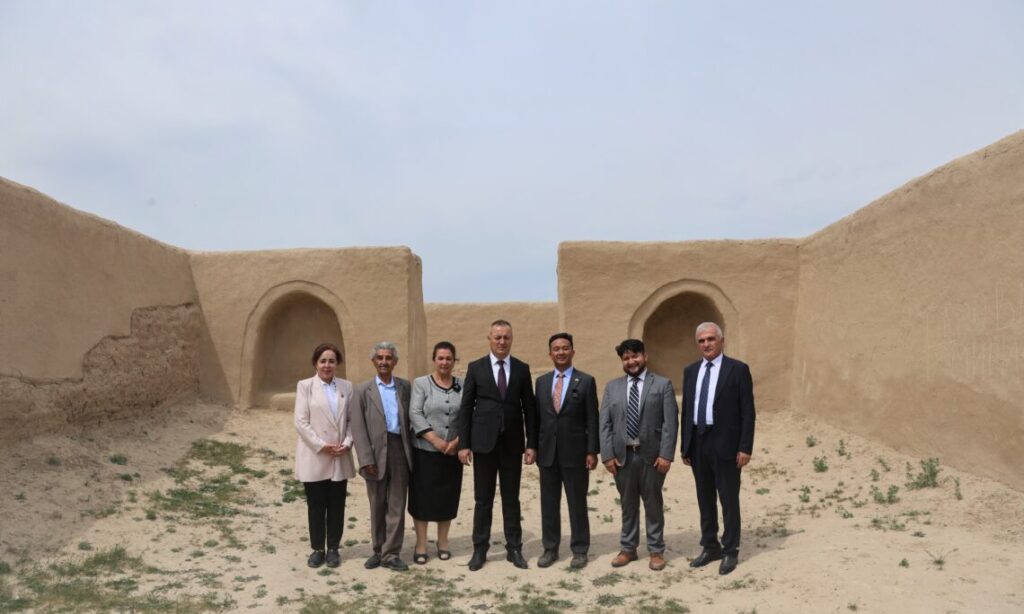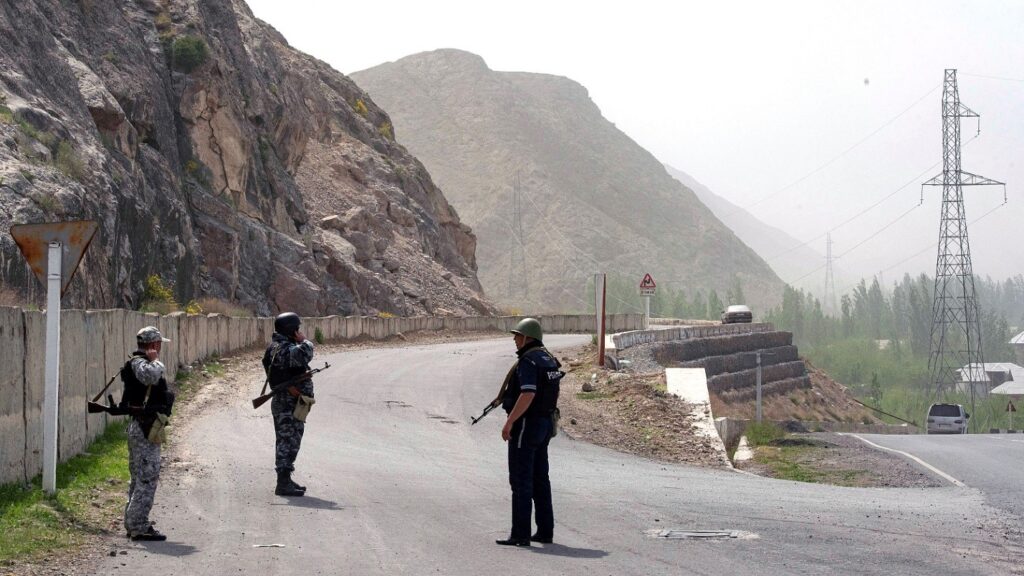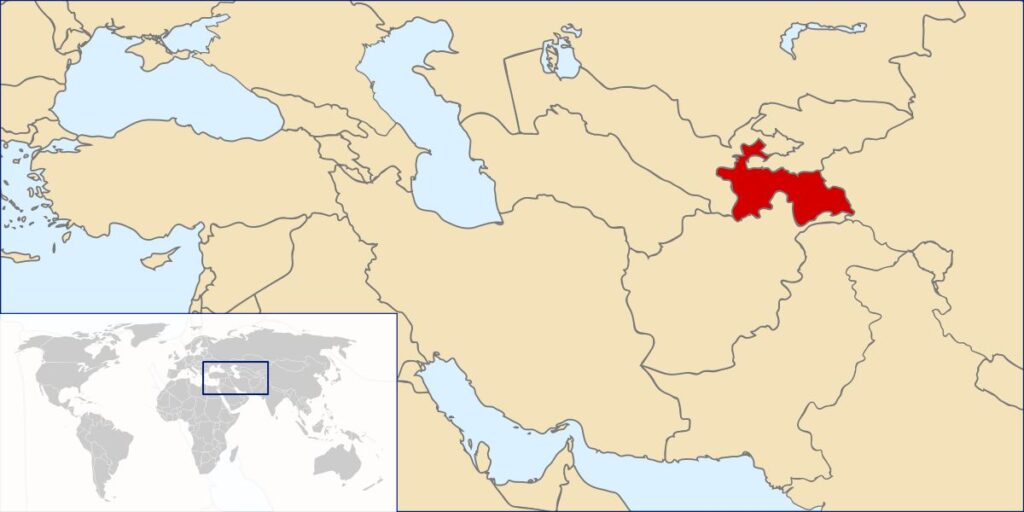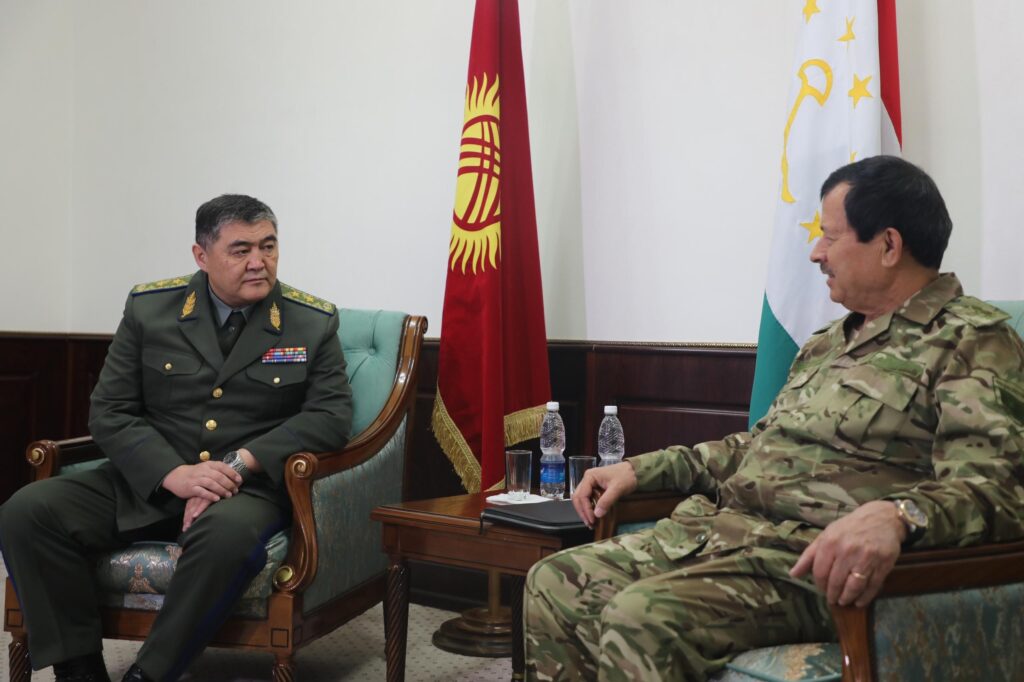EBRD Helps Improve Dushanbe’s Environment and Support Tajikistan’s Banking Sector
During a visit by Odile Renaud-Basso, President of the European Bank for Reconstruction and Development to Tajikistan, on 29-30 April, the EBRD committed funds to upgrade Dushanbe's infrastructure, develop sustainable transportation solutions , and support for women’s entrepreneurship. The EBRD’s loan of up to €28.45 million will help improve transportation in the city’s riverside area through the reconstruction of roads and a bridge across the Varzob River, as well as the construction of dedicated bus and trolleybus lanes, and purpose-built routes for walking, cycling, electric wheelchairs etc. “We are very pleased to sign this project with the authorities of Dushanbe,” commented EBRD's president. “They have been committed to the green agenda ever since the city joined the EBRD Green Cities programme in 2019.” The Dushanbe Green City Action Plan was developed in collaboration with the EBRD to address environmental and development issues affecting the 800, 000 residents of Tajikistan’s largest municipality. Investment to promote a strategic shift from carbon-intensive, traditional transportation towards more eco-friendly, sustainable alternatives, aims to reduce annual carbon dioxide emissions by 37 percent. Joined by the Chairman of the National Bank of Tajikistan, Firdavs Nazrimad Tolibzoda, Renaud-Basso then signed a memorandum of understanding to support the country’s development of the Women Entrepreneurs Finance Code. Representing providers of financial services, regulators, development banks and other stakeholders, the WE Financial Code was formed to increase financial assistance to women-led micro, small and medium enterprises, and as a globally accepted multi-stakeholder approach, help eliminate constraints and gaps in financing women entrepreneurs in Tajikistan. The EBRD has now provided fresh funds and created new growth opportunities for women-owned and managed businesses in Tajikistan. Under the auspices of its Women in Business (WiB) programme for Central Asia, a loan of US$ 5 million (€4.6 million) has been granted to one of the country’s largest lenders, Bank Arvand, alongside technical assistance to help the bank promote women’s entrepreneurship and business activity. In addition, and under the EBRD’s Trade Facilitation Programme, a limited loan of US$ 1 million (€0.9 million) was offered to country’s leading microlenders, MDO HUMO, to help local clients both import goods, services, and equipment, and export their products.


